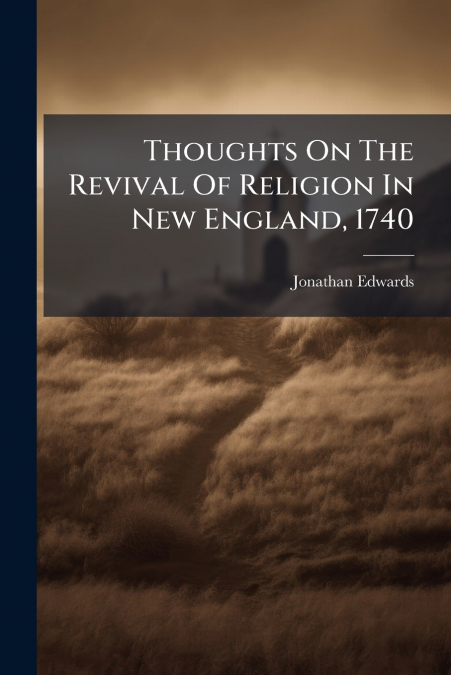
Jonathan Edwards
'Thoughts on the Revival of Religion in New England, 1740' by Jonathan Edwards offers a profound analysis of the religious fervor that swept through the American colonies during the First Great Awakening. This edition includes Edwards’s earlier narrative, 'A Narrative of the Surprising Work of God in Northampton, Mass., 1735,' providing essential context to the broader revival movement. Edwards, a key figure in American religious history, explores the psychological and spiritual dimensions of conversion and the manifestations of divine grace within the community. His reflections offer insights into the nature of true religious experience versus mere enthusiasm, addressing common criticisms and providing guidance for discerning genuine spiritual growth. This work remains a valuable resource for understanding the complexities of religious experience and the historical dynamics of revivalism in early America. It provides a window into the religious landscape of 18th-century New England and continues to inspire discussions on faith, community, and the enduring quest for spiritual renewal.This work has been selected by scholars as being culturally important, and is part of the knowledge base of civilization as we know it. This work was reproduced from the original artifact, and remains as true to the original work as possible. Therefore, you will see the original copyright references, library stamps (as most of these works have been housed in our most important libraries around the world), and other notations in the work.This work is in the public domain in the United States of America, and possibly other nations. Within the United States, you may freely copy and distribute this work, as no entity (individual or corporate) has a copyright on the body of the work.As a reproduction of a historical artifact, this work may contain missing or blurred pages, poor pictures, errant marks, etc. Scholars believe, and we concur, that this work is important enough to be preserved, reproduced, and made generally available to the public. We appreciate your support of the preservation process, and thank you for being an important part of keeping this knowledge alive and relevant.